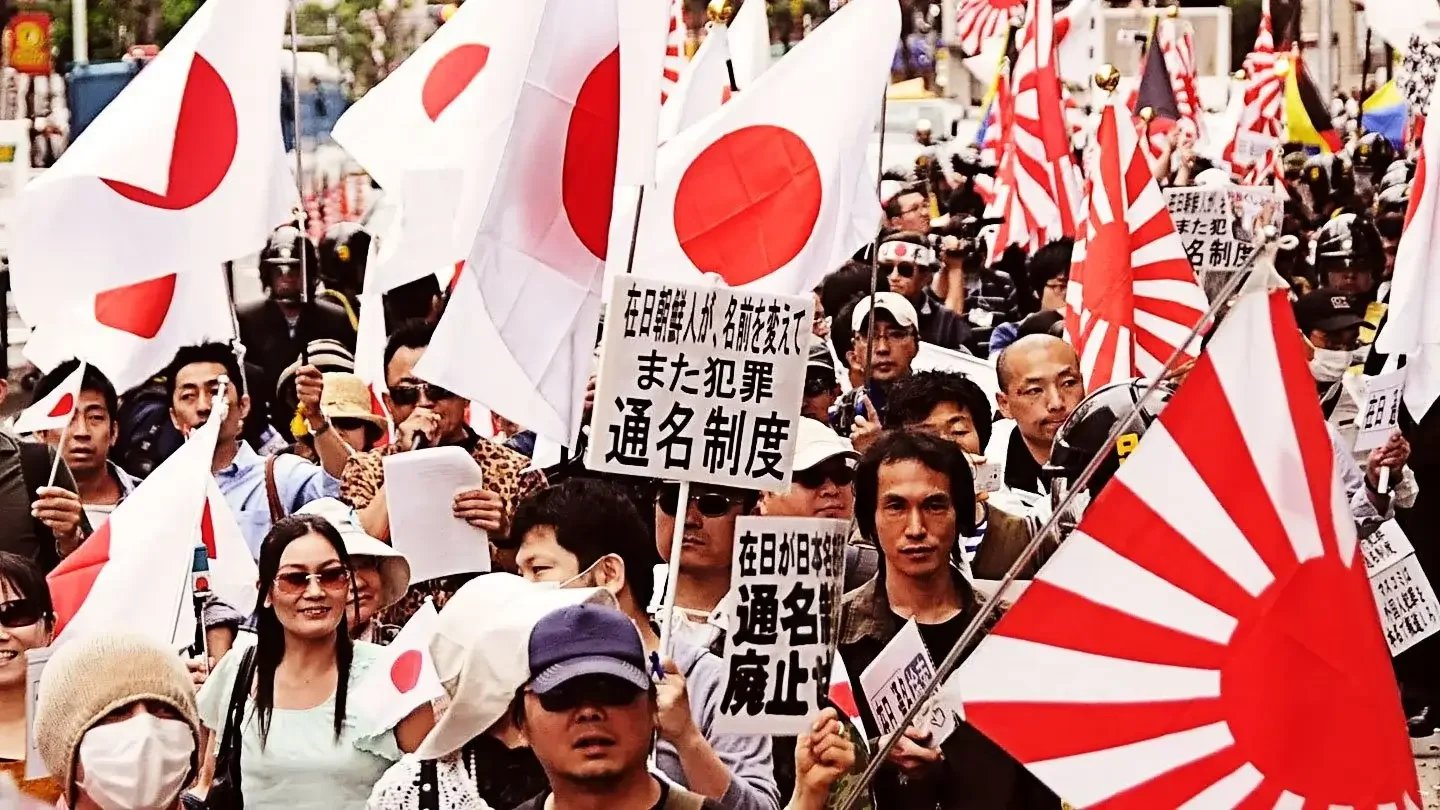The Spiritual Front: Why Japan’s Right Wing Is Unsettling
Revisiting the past isn't just about facts; it's about denying the idea that a 'new Japan' was ever necessary.
From Nanjing Denial to Kurosawa’s Suicide Pact: Unpacking Japan's Lingering War Guilt.
Japan’s current political landscape presents a fascinating and deeply unsettling puzzle. Unlike the right-wing movements we see in other countries, Japan’s seems linked to no real political or geographic demands. This is, after all, a satiated nation, bar a couple of minor islands. Instead, the fight waged by this movement is intensely spiritual, which is quite apt given its historical precedent—a suicidal neglect of reality that characterized its approach to World War Two. The spiritual nature of this fight, however, makes it difficult to assess just how serious it is. If the demand was a simple territorial claim, we would know how to react, but instead, the challenge comes in the form of historical revisionism.
Consider the recent extraordinary statement made by Naoki Hyakuta, a former board member of NHK (Japan’s public broadcaster), who recently claimed the 1937 Nanjing massacre did not happen. This statement is incomprehensible on many levels, yet I suspect Hyakuta is not denying the physical facts of the events so much as he is denying their symbolic import. Obviously, Nanjing stands as a brutal symbol of Japan’s war guilt—from the predatory attack on Shanghai to the inhuman treatment of prisoners and the slaughter of civilians. I believe these descriptions of what occurred are accurate, without needing to calculate the death toll to the nearest hundred thousand.
What Hyakuta and others are attempting is profound. They are not necessarily denying that Japan conducted a bloody war of conquest; they are denying that it was a ‘bad war’. By doing so, they are attempting to recapture a Japanese identity by denying that a new Japan was born solely out of the rubble of Hiroshima and Nagasaki.
It is perhaps difficult for non-Japanese or non-Germans to fully understand the power behind this approach: the idea that your country is not steeped in ‘original sin’. I confess I’m unsure of the correct political response to this ideology, but I do believe in free speech. Therefore, I think we must revise the common attitude that Japan refuses to confront its past. It is confronting it—it’s just that the confrontation is being led by the right, rather than the left.
Perhaps I’m being too lenient, but I was recently reminded, flicking through Gregor Dallas’s polemical book Poisoned Peace, that historical revisionism isn't unique. Dallas reminds us that just as Britain betrayed Czechoslovakia in 1938, the Allies betrayed Poland (the very reason Britain entered the war) in 1945. While D-Day parades celebrated victory, the Red Army was pounding Warsaw into dust. You see very few war movies that state this simple fact. The myth of the Good War is deeply implanted in popular culture. I am, however, glad that we live in a country where these questions are still being raised; it’s genuinely bracing for me to re-examine my own, often automatically held beliefs.
It is one thing to re-examine one’s own beliefs, quite another for Japan to fall under the influence again of the Right Wing. This concern was amplified when I read the autobiography of Japan’s greatest film director, Akira Kurosawa.
He describes something I had never fully grasped: the idea that the whole of Japan was prepared to commit mass suicidefollowing a putative US invasion. This was chillingly known as ‘the shattering of 100 million jewels’. Kurosawa writes, almost casually, that he would have committed suicide along with everyone else, which leaves me numb.
It is this casual acceptance that leaves me deeply baffled. Why do so many Japanese still seem enamoured of the sadistic and inhumane practices of the regime of 60 years ago? Even if one concedes every single mitigating circumstance imaginable, the objective fact remains that the wartime regime got it catastrophically wrong. That failure alone is reason enough why they and their daft ideas should be permanently shunned. The fact that they are not shunned begs a disturbing question: is life in modern Japan really so empty and nihilistic as to look deficient in comparison to the horrors of the past?


